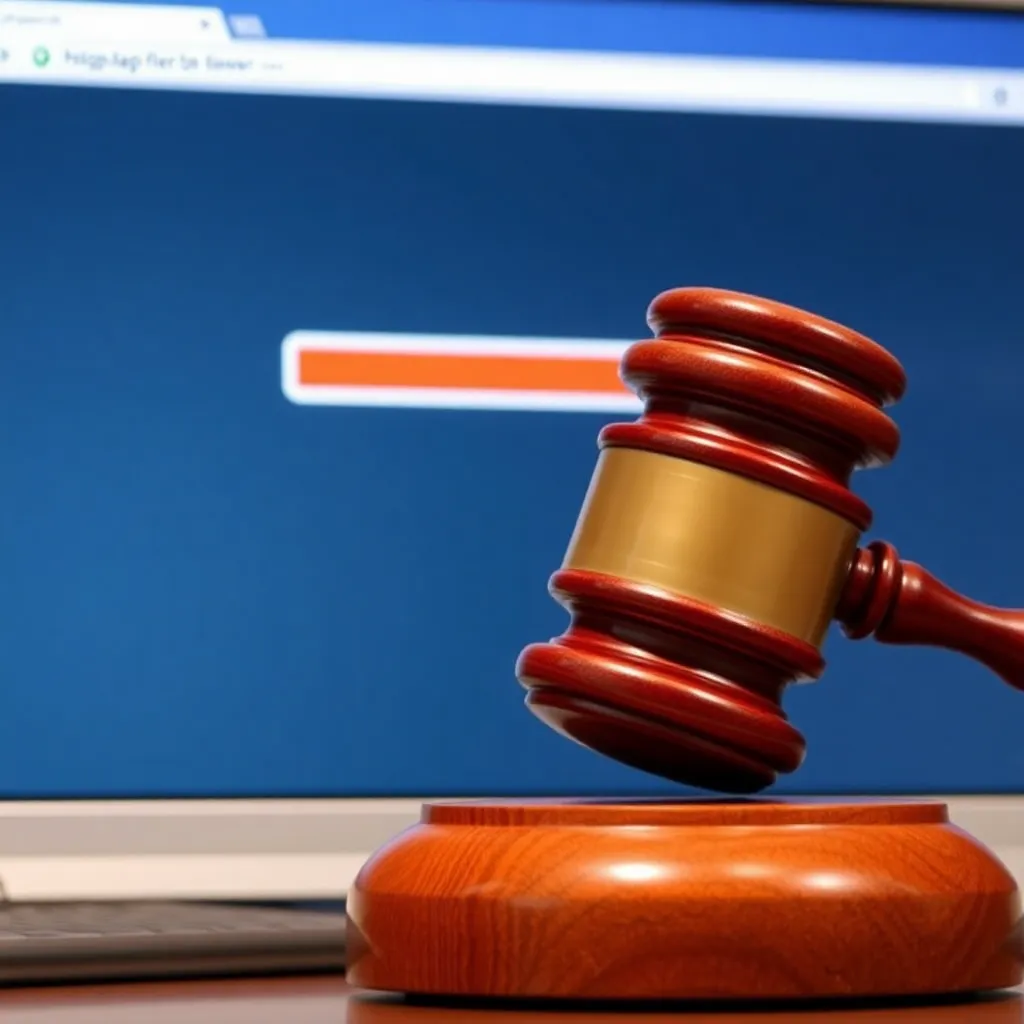
In a significant ruling, a federal appeals court has overturned the Biden administration’s rule establishing net neutrality for internet providers. This decision has far-reaching implications for the future of the internet and how internet service providers (ISPs) manage online traffic.
What is Net Neutrality?
Net neutrality is the principle that ISPs should treat all online content equally, without discriminating or charging differently based on the type of content, platform, or user. The concept is designed to ensure a free and open internet, where all users have equal access to online resources and services.
The Biden Administration’s Net Neutrality Rule
In 2021, the Federal Communications Commission (FCC) under the Biden administration introduced a new net neutrality rule aimed at restoring the Obama-era regulations that were repealed in 2017. The rule classified ISPs as common carriers under Title II of the Communications Act, giving the FCC the authority to regulate their activities and ensure they comply with net neutrality principles.
The Court’s Ruling
The federal appeals court’s decision to overturn the Biden administration’s net neutrality rule is a significant blow to the FCC’s efforts to regulate the internet. The court argued that the FCC overstepped its authority by classifying ISPs as common carriers, stating that Congress did not grant the agency the power to regulate the internet in this way.
Implications for the Future of the Internet
The court’s ruling has significant implications for the future of the internet. Without net neutrality regulations, ISPs may be able to:
1. Charge extra fees: ISPs may charge content providers extra fees to prioritize their traffic, potentially stifling innovation and competition.
2. Throttle online traffic: ISPs may slow down or throttle online traffic to certain websites or services, limiting users’ access to online resources.
3. Block online content: ISPs may block access to certain websites or services, restricting users’ freedom to access online content.
What’s Next?
The FCC has several options to respond to the court’s ruling, including:
1. Appeal the decision: The FCC may appeal the decision to the Supreme Court, arguing that the appeals court misinterpreted the law.
2. Reclassify ISPs: The FCC may attempt to reclassify ISPs under a different section of the Communications Act, potentially giving the agency the authority to regulate their activities.
3. Pass new legislation: Congress may pass new legislation to establish net neutrality regulations, potentially resolving the ongoing debate over the FCC’s authority to regulate the internet.
In conclusion, the court’s ruling has significant implications for the future of the internet and the ongoing debate over net neutrality. As the FCC and Congress consider their next steps, it remains to be seen how this decision will shape the future of online communication and innovation.





